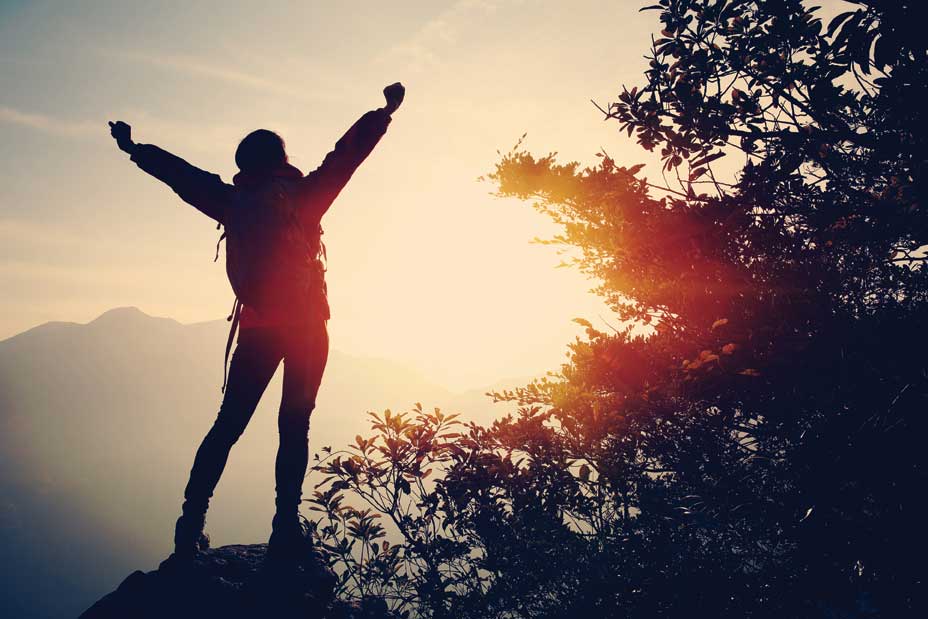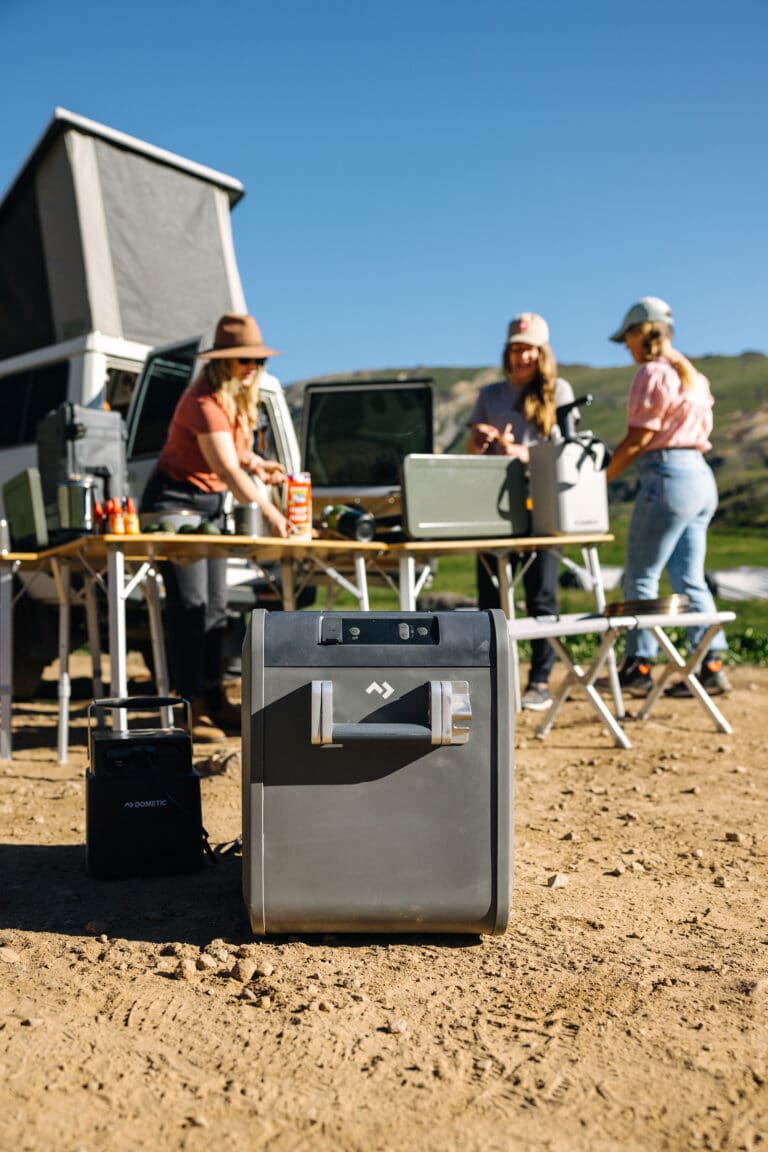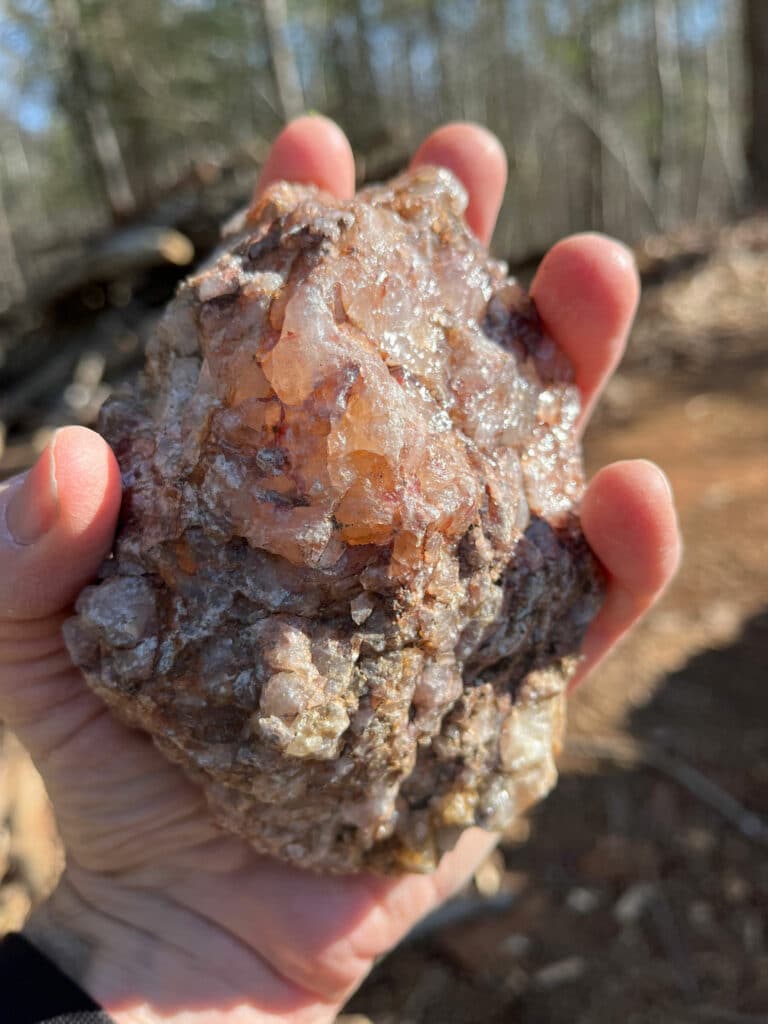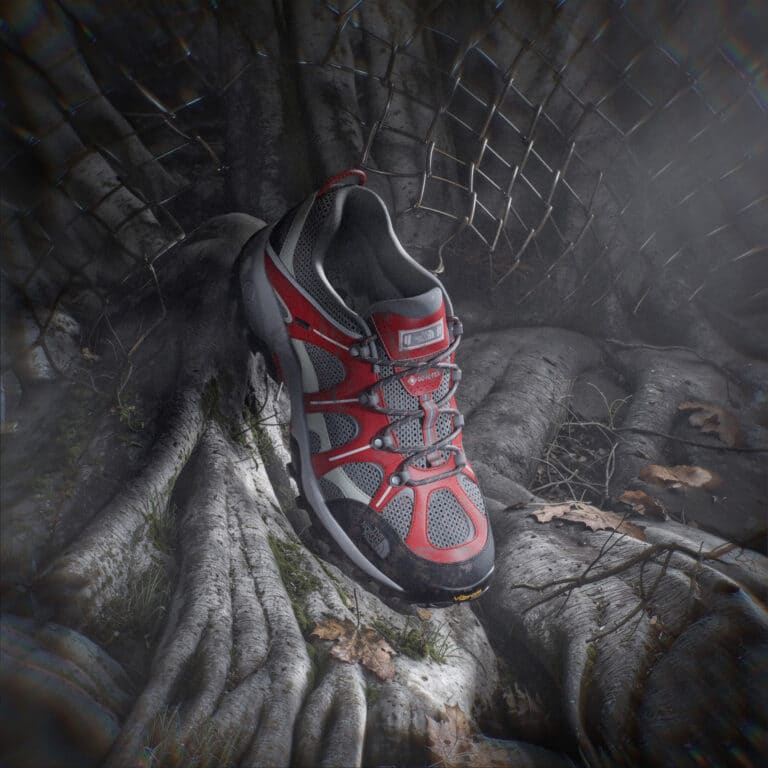Female adventurers fight for equality
Hiking makes me feel beautiful, confident, self-reliant and free. So why do I feel the exact opposite as a female athlete and business professional in the outdoor industry?
Anna Levesque, a professional paddler and owner of Girls at Play, has also noted the male culture of the outdoor scene. “The outdoor industry has traditionally been male dominated, and that lends itself to a culture in which acting and thinking like a man is the dominant paradigm.”
Perhaps this male-dominated paradigm is most evident at Outdoor Retailer, a bi-annual national convention that brings together outdoor companies, media outlets, nonprofits, athletes, and enthusiasts.
As an attendee I have memories of wading through the throng of beards, trucker hats, and flannel shirts while scanning the horizon and hoping to find another female athlete. I would love to come across a female buyer who isn’t solely responsible for selecting “cute” lifestyle apparel. And would it be impossible to find one booth where there is actually a female CEO as opposed to the endless number of hostesses who schedule meetings and hand out M&Ms?
At the trade show several years ago, I recall rounding a turn to find a group of women—not athletes, buyers, or CEOs—but models clad in bikinis and crampons. As I stood behind a wall of ogling males, I watched the guy in front of me clink his craft brew against his neighbor’s bottle. “This is almost as good as the demonstration with those chicks in two-pieces doing yoga on stand up paddleboards.”
I am not a prude or down on the modeling industry; I just would like to see equal standards. “I see women getting recognition because they pose half naked,” says Levesque. “It would be more egalitarian if men were expected to do the same.” Hear that, fellas? Anytime there are bikinis, we expect banana hammocks, too!
But the gender discrepancy isn’t just at outdoor conventions. World class climber and instructor Lisa Rands recalls that, for many years, prize money at competitions was not equal for male and female winners. Now, thanks to women like Lisa, equal prize money is the climbing industry standard.
But that doesn’t mean that women receive equal treatment. There are far more sponsorship opportunities for men. Anna Levesque says that once she contacted a paddling company about sponsorship, and they said they weren’t taking on anyone new. A week later, her husband got an email from them asking him to be on their team.
Sometimes being married to someone in the industry makes the gender difference that much more stark. Anne Lundblad is a runner who competed at an international level while owning a running store in Asheville and raising a daughter. Her husband Mark is also an elite runner.
She noted that after races, it’s not uncommon for blogs and magazine features to give the men’s results the headline while women’s results are an afterthought. The industry gender gap became more of a gender chasm once she had a child. “My husband and I were both running and competing, but I was the only one who had to answer work-life balance questions from the media. I’ve also observed moms getting criticized for the adventures they pursued while dads got praised for similar undertakings.”
Personally, I’ll never forget the joy of being in the hospital clad in a bare-butt gown and nursing my newborn—when I learned that I’d been dropped by my biggest sponsor. “Really?!” I thought. “You’re telling a physically drained, sleep deprived, hormonally whacked-out woman that she’s been cut? Couldn’t this have waited a week?”
Okay, after that rant, it’s important to highlight that none of the women I interviewed came off as indignant or resentful. Anna, Lisa, and Anne all made me see that navigating the outdoor industry is a lot like navigating a river, rock wall, or trail. If there’s an obstacle in your path, it’s up to you to find a way around it. These women haven’t let inequalities prevent them from starting companies or performing at the highest level; instead they’ve gained grace and wisdom by overcoming barriers.
The future of the outdoor industry is not going to be found by marketing to the same group of lumbersexual men in mountain towns. It’s going to be found by expanding its reach to women, minorities, and individuals of all body shapes and sizes. Anna, Lisa, and Anne have already found success by doing that, more individuals are signing on, and eventually the industry will catch up with what these talented and intelligent women are doing.
“The river is empowering in so many ways. It’s a metaphor for life: Look where you want to go, trust yourself. Do something that scares you, allow yourself to jump and the net will appear and, of course, go with the flow.”
—Anna Levesque
“Don’t let your frustrations get the best of you. Turn your frustrations into motivation.”
—Lisa Rands
“When you’re in the woods, you’re not comparing yourself to anyone. You’re not trying to be better, prettier, smarter. It’s just you and the wild and you are learning what makes you, you. And you learn to value your body for what it can do, for its potential, rather than its looks.”
—Anne Lundblad
“The trail is there for everyone at every phase of life.”
—Jennifer Pharr Davis








